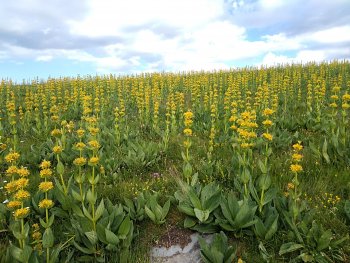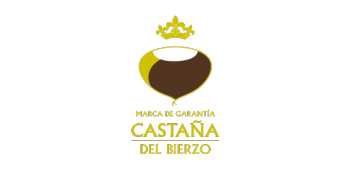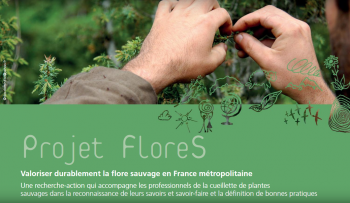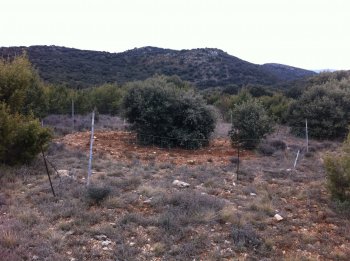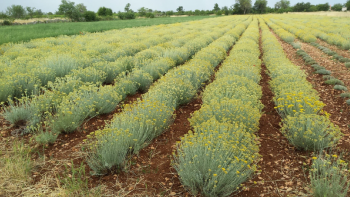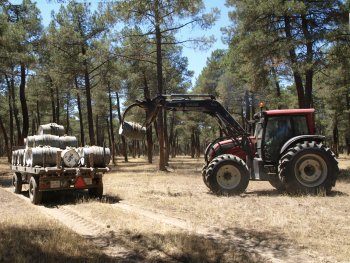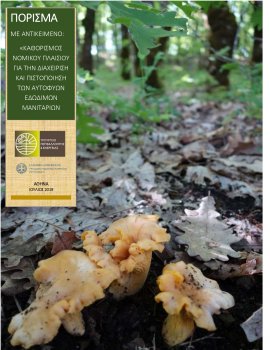Impact of the production method on the gentian resource and its regeneration - The sustainable development approach of the Gentian sector
The Yellow Gentian (Gentiana lutea) is a wild plant harvested for its roots at the age of 20 to 30 years old. It is highly valued but little protected. A large part of the production is exported from the source in its raw state. The "Mission for the sustainable management of gentian resources in the Massif Central", a project promoted by the harvesters, helps the different members of the sector to organize themselves to work on good production practices and to ensure the sustainable use of the plant. This work is enhanced by a parallel project to create a "Sustainable Gentian"...

